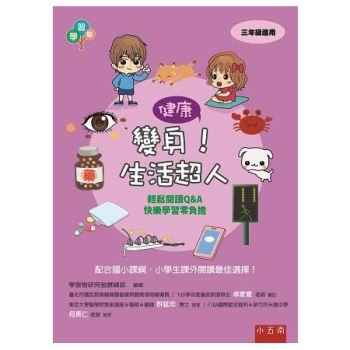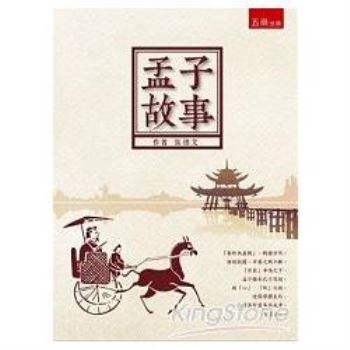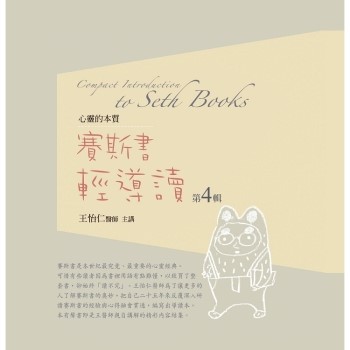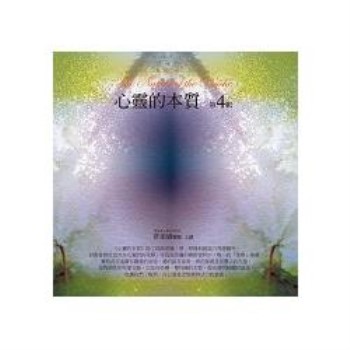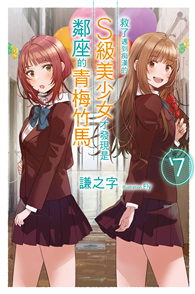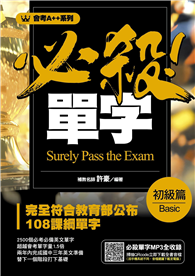Yogacara and Tathagatagarbha are often regarded as antagonistic Indian Buddhist traditions. Paramartha (499-569) is traditionally credited with amalgamating these philosophies by translating one of the most influential Tathagatagarbha texts in East Asia, the Awakening of Faith in Mahayana, and introducing Tathagatagarbha notions into his translations of Yogacara texts.
Engaging with the digitalized Chinese Buddhist canon, Ching Keng draws on clues from a long-lost Dunhuang fragment and considers its striking similarities with Paramartha’s corpus with respect to terminology, style of phrasing, and doctrines. In this cutting-edge interpretation of the concept of jiexing, Keng demystifies the image of Paramartha and makes the case that the fragment holds the key to recover his original teachings.| FindBook |
有 1 項符合
Toward a New Image of Paramartha: Yogacara and Tathagatagarbha Buddhism Revisited的圖書 |
 |
Toward a New Image of Paramartha: Yogacara and Tathagatagarbha Buddhism Revisited 作者:Keng 出版社:Bloomsbury Academic 出版日期:2024-05-30 語言:英文 規格:平裝 / 304頁 / 23.39 x 15.6 x 2.54 cm / 普通級/ 初版 |
| 圖書館借閱 |
| 國家圖書館 | 全國圖書書目資訊網 | 國立公共資訊圖書館 | 電子書服務平台 | MetaCat 跨館整合查詢 |
| 臺北市立圖書館 | 新北市立圖書館 | 基隆市公共圖書館 | 桃園市立圖書館 | 新竹縣公共圖書館 |
| 苗栗縣立圖書館 | 臺中市立圖書館 | 彰化縣公共圖書館 | 南投縣文化局 | 雲林縣公共圖書館 |
| 嘉義縣圖書館 | 臺南市立圖書館 | 高雄市立圖書館 | 屏東縣公共圖書館 | 宜蘭縣公共圖書館 |
| 花蓮縣文化局 | 臺東縣文化處 |
|
|
圖書介紹 - 資料來源:博客來 評分:
圖書名稱:Toward a New Image of Paramartha: Yogacara and Tathagatagarbha Buddhism Revisited
Adorno’s Gamble: Harnessing German Ideology
Adorno’s Gamble: Harnessing German Ideology
The Dialectics of Absolute Nothingness: The Legacies of German Philosophy in the Kyoto School
The Collapse of Freedom of Expression: Reconstructing the Ancient Roots of Modern Liberty
Aristotle’s Discovery of the Human: Piety and Politics in the Nicomachean Ethics
Heidegger: An Introduction
Black Divinity Institutes of the Black Theocracy Shahidi Collection Vol 1 [Remastered]
Bacteria to AI: Human Futures with Our Nonhuman Symbionts
Pink: The History of a Color
The Purpose of the Papacy
Adorno’s Gamble: Harnessing German Ideology
The Dialectics of Absolute Nothingness: The Legacies of German Philosophy in the Kyoto School
The Collapse of Freedom of Expression: Reconstructing the Ancient Roots of Modern Liberty
Aristotle’s Discovery of the Human: Piety and Politics in the Nicomachean Ethics
Heidegger: An Introduction
Black Divinity Institutes of the Black Theocracy Shahidi Collection Vol 1 [Remastered]
Bacteria to AI: Human Futures with Our Nonhuman Symbionts
Pink: The History of a Color
The Purpose of the Papacy
|
